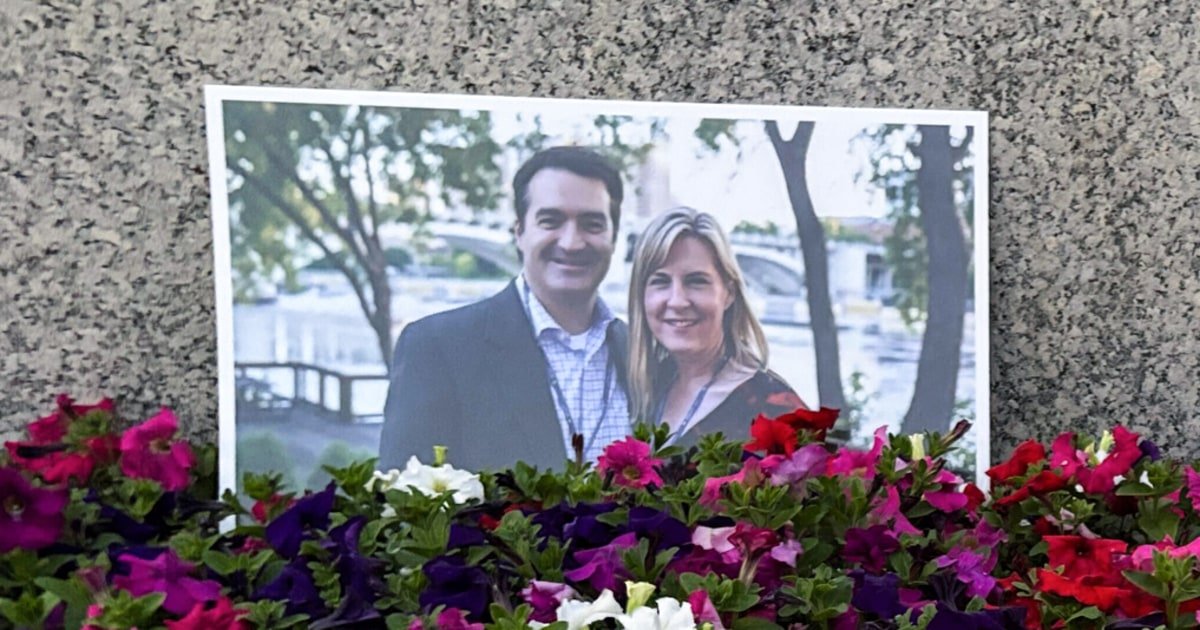State lawmakers across the country say they are deeply concerned about the lack of security they receive in the wake of the targeted shooting of two Minnesota legislators, even as local officials attempt to ramp up some safety measures.
Outside of their state capitol complexes, state legislators have little to no security protection. No state offers proactive security to members of its legislature, though law enforcement will typically step in if there are credible threats.
And despite the renewed attention to the issue, lawmakers fear little will ultimately be done that can make a meaningful difference, given that in many states, such positions are effectively part-time jobs with small budgets.
Democratic Minnesota state Rep. Emma Greenman, who was a close colleague of this weekend’s shooting victims, said the attack in her state would almost certainly have to serve as a “wake-up call” around the lack of safety measures for state lawmakers, but that solutions remained sparse.
“I think a lot of us are going through this,” Greenman told NBC News in an interview. “We are normal people in normal neighborhoods.”
“What does this mean now for part-time legislators?” she added. “We are not members of Congress, who have a lot more resources. Frankly, there’s just been a lot more thinking about how to protect members of Congress, or a governor, probably even a mayor.”
The safety concerns following the Minnesota shootings have also extended to members of Congress. Only a handful of federal lawmakers receive 24-hour protection from Capitol Police security details, though members may ask for extra protection.
Still, that level of protection goes far beyond what is available to state legislators. Like Greenman, Arizona state Rep. Stephanie Simacek, a Democrat, said she receives no security outside of her state Capitol complex.
“We are constantly out there, vulnerable. Whether I’m volunteering somewhere, knocking doors for someone, starting to run my own campaign, I’m out there, vulnerable,” Simacek said.
In Simacek’s home state, then-Rep. Gabby Giffords, D-Ariz., was shot in the head while she was meeting with constituents in 2011.
Simacek, who makes $24,000 annually as a state representative, said there is no appetite to fund a security apparatus for legislators.
“I don’t see any path for that,” she said. “And that’s so frightening, considering the circumstances right now.”
So Simacek is taking matters into her own hands. She said she’s already started the process of installing cameras on her home property, which she is paying for herself, not with campaign funds.
Kansas state Sen. Tory Marie Blew, a Republican, also said she doesn’t receive any security protection after she leaves the state Capitol building in Topeka.
She also said she has no hope for a legislative path that might fund added safety measures.
“It would be expensive, obviously, and we’d have to have a budget item for it,” she said. There are also logistical complications, especially in larger states, Blew noted.
“I live three hours away from the state capital. I don’t think we’d even know where to start for all these lawmakers who live far [away],” she said.
Blew and her family have a Ring security device on their door at home, “but we can’t afford a massive security system,” she said.
Authorities said the Minnesota shooting suspect, Vance Boelter, visited the homes of four elected officials early Saturday, impersonating a police officer. Authorities allege he shot and killed state Rep. Melissa Hortman and her husband at their home, shortly after, they say, he seriously wounded state Sen. John Hoffman and his wife in a separate shooting at their home.
Like Greenman, Simacek and many others serving in state government, Blew has been on the receiving end of threatening emails and somewhat regularly gets “yelled at” in public.
“It’s part of the job,” she said. “More and more, it’s nerve-wracking.”
A number of state officials in recent days have attempted to take some additional steps to protect lawmakers.
Wisconsin officials announced increased security at their state Capitol on Monday as lawmakers look to continue their legislative session. New Hampshire officials did the same.
In Colorado, officials paused public access to the state’s campaign finance database. Campaign finance filings in every state almost always require a candidate to list their home address, making it publicly searchable for anyone. Legislators in Minnesota, New Mexico and North Dakota took similar actions, The Associated Press reported, removing lawmakers’ home addresses from state government websites and databases where they are listed or searchable.
Elsewhere, other actions to ensure lawmaker safety marked a clear interruption in what have typically been mundane legislative procedures.
For example, following the shooting, lawmakers in one state postponed the unveiling of at least one bill that was expected to receive a lot of attention politically while they evaluated whether proper security protocols were in place for its release, an operative in that state said.
In the meantime, lawmakers NBC News spoke with said they’re not taking any chances with their home safety.
Simacek said she “makes sure the door is always locked” and reminds her children “that we don’t open it when anybody knocks — we see who it is first.”
Greenman, who was forced to shelter in place throughout the weekend as law enforcement officials frantically searched for the Minnesota suspect, said she remains fearful.
“Even now that this guy’s caught, there is going to be a worry about copycats,” she said. “We all feel much more vulnerable now.”
#State #lawmakers #fearful #Minnesota #shootings #expose #lack #security


